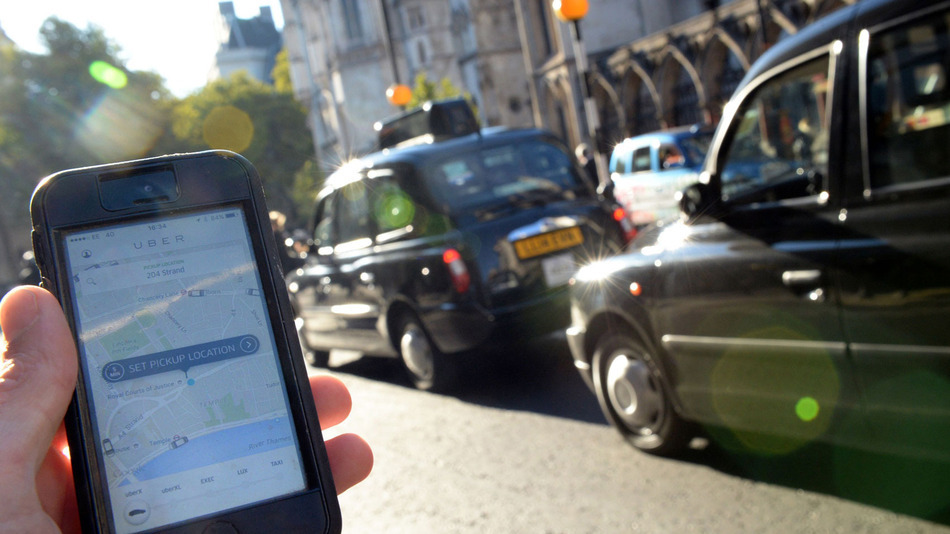-
Tips for becoming a good boxer - November 6, 2020
-
7 expert tips for making your hens night a memorable one - November 6, 2020
-
5 reasons to host your Christmas party on a cruise boat - November 6, 2020
-
What to do when you’re charged with a crime - November 6, 2020
-
Should you get one or multiple dogs? Here’s all you need to know - November 3, 2020
-
A Guide: How to Build Your Very Own Magic Mirror - February 14, 2019
-
Our Top Inspirational Baseball Stars - November 24, 2018
-
Five Tech Tools That Will Help You Turn Your Blog into a Business - November 24, 2018
-
How to Indulge on Vacation without Expanding Your Waist - November 9, 2018
-
5 Strategies for Businesses to Appeal to Today’s Increasingly Mobile-Crazed Customers - November 9, 2018
Taxi-hailing app Uber does not break the law
Uber’s taxi-booking app is legal in London, the UK High Court has ruled in a case brought against the United States company by Transport for London (TfL.) The central issue was whether Uber’s app running on a smartphone constituted a “taximeter”, the device used by London cabs to calculate the fare for a journey.
Advertisement
The use of meters to calculate fares is reserved for London’s black cab drivers, who have been outspoken against Uber’s presence.
Despite passing this legal hurdle, Uber still faces more trouble ahead.
A petition against the move has been signed by 130,000 people.
Uber allows people to book and pay for a ride-share, taxi or private driver through a mobile app. The mobile app forwards Global Positioning System data to a server that calculates the fare.
The 1998 Act regulating taxis bars all private hire cars from being “equipped” with taximeters while Uber uses Global Positioning System technology. The company came under fire because of its competitive threat to black cab services in London.
“The law says that only black cabs may stand or ply for hire in the streets, and only black cabs can be hailed in the streets”.
In both cases London tax and fare payers would have been looking at paying Uber hundred of thousands or even millions of pounds in damages.
If Uber had lost, it would have had to change its service to comply with rules that protect black-cab drivers.
While Transport for London didn’t initially regard the Uber app to be a meter, a change in the administration’s mood has brought about a reassessment of the app’s status.
For its part Uber argues that the answer to technological disruption of regulations is to loosen the rules for taxis – rather than tightening the screw on those doing the disrupting via the use of new technologies.
The London Taxi Drivers Association reacted with disbelief on Twitter following the announcement and pledged to lodge an appeal with the Supreme Court.
Transport for London also welcomed the ruling, saying there had been “significant public interest in establishing legal certainty in the matter”. “We hope TfL will listen to Londoners and let Uber keep London moving”.
Advertisement
TfL recently proposed compulsory five-minute waits before Uber drivers could pick up passengers, among other measures.





























